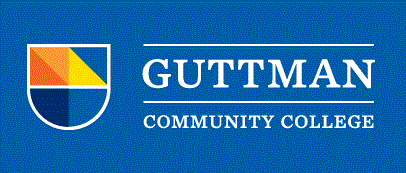
Publications and Research
Document Type
Other
Publication Date
2016
Abstract
What barriers remain in the progress towards achieving Universal Primary Education (UPE), and how does the UPE agenda affect out-of-school children? Through a mixture of historical, quantitative and qualitative methods of analysis, this study examines these questions using the developing context of Sierra Leone as a case study.
Findings from over 100 interviews show that first of all, the most salient barrier that prevents children from participating in primary school is the fact that school is not free de facto in spite of the national abolishment of primary school fees in 2004. Rather than commonly cited constraints such as a lack of value for education, families are faced with having to pay community teacher stipends, along with miscellaneous school expenditures, which hinders them from enrolling their children in primary school. A multilevel modeling analysis using data from the 2007 National Public Services Survey further confirms the salience of school costs as a barrier to primary school enrollment.
Second, the guiding philosophy in the past, as exemplified by the Bunumbu Project which had a statistically significant positive impact on primary completion rates, was to adapt the state’s education to the preferences and lifestyle of the population, for example by localizing the curricular content of education. This contrasts with the current approach where the government is focused on fining and “sensitizing” the population to adopt the existing education system, a system that is largely defined by the international community and its development goals.
Third, interview results suggest that an unintended consequence of universalizing education is the problematization of not attending school. According to interviewees, not participating in school is problematic in that it increases the number of “idlers” and “thieves” who “roam about” aimlessly without a “particular place” in the community. Alongside this problematization of the act of not going to school is the stigmatization of those who are out of school. For instance, uneducated children are described as “senseless” “fools” who are “rude and wicked.”
These findings highlight how true universal education is more a process than a singular goal that can be realized at once. This means that in the interim, an inequity arises between those who do and do not obtain education. Thus, although education itself does not cause harm, the imperfect nature of implementing universal education inadvertently stratifies society along a different line of an educated class on the one hand, and an uneducated class on the other. In this way, education is facilitating the production of – rather than the reproduction of – a new form of social inequality in rural Sierra Leone. Finally, these results show the need to establish educational identity as a salient construct that is distinct from other domains such as one’s race, class, gender, sexual, religious and occupational identity.
Included in
African History Commons, African Studies Commons, Educational Assessment, Evaluation, and Research Commons, Education Policy Commons, International and Comparative Education Commons

